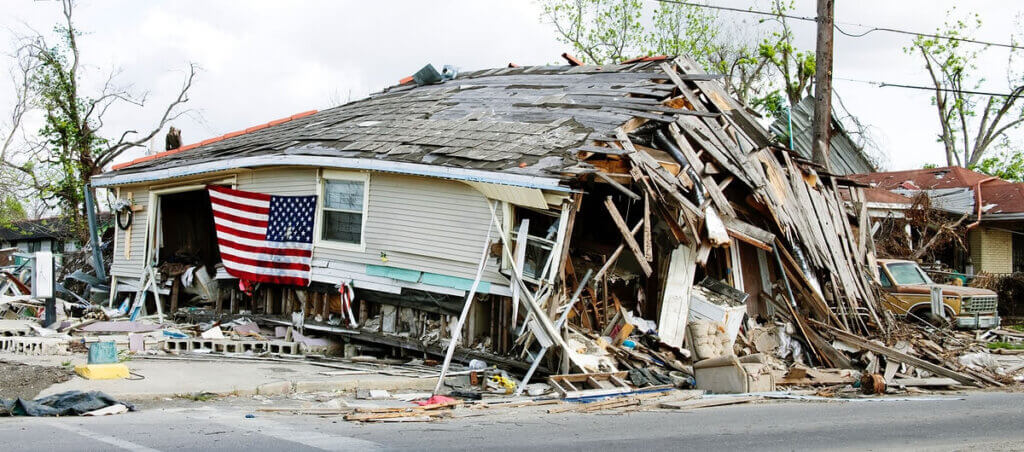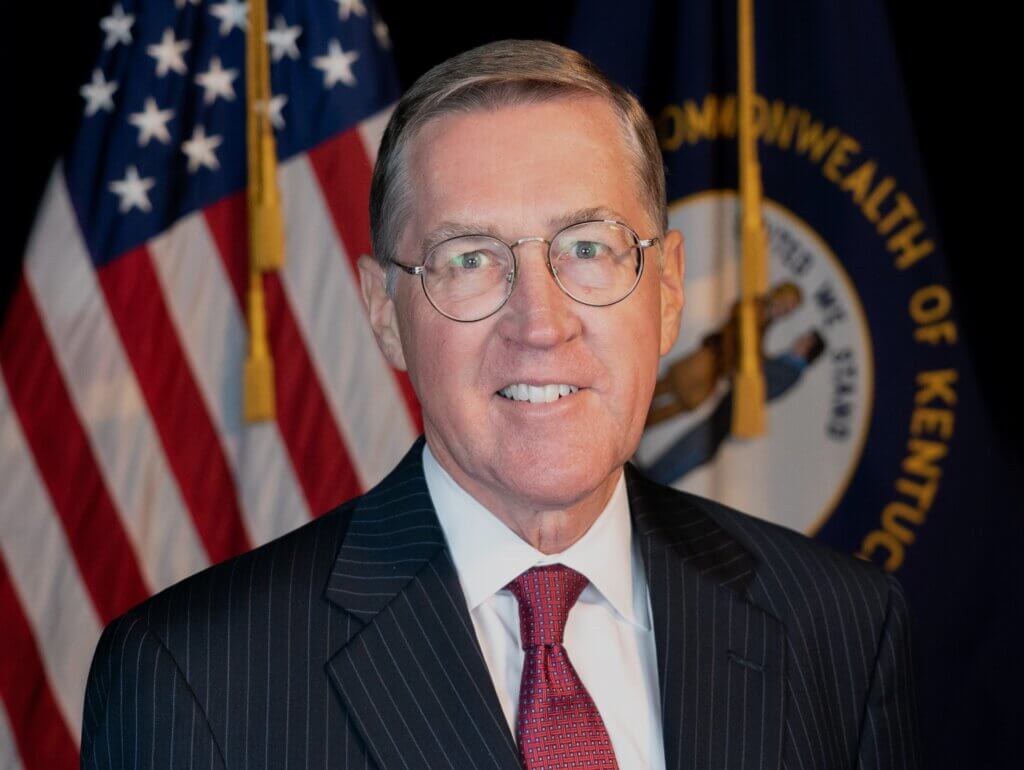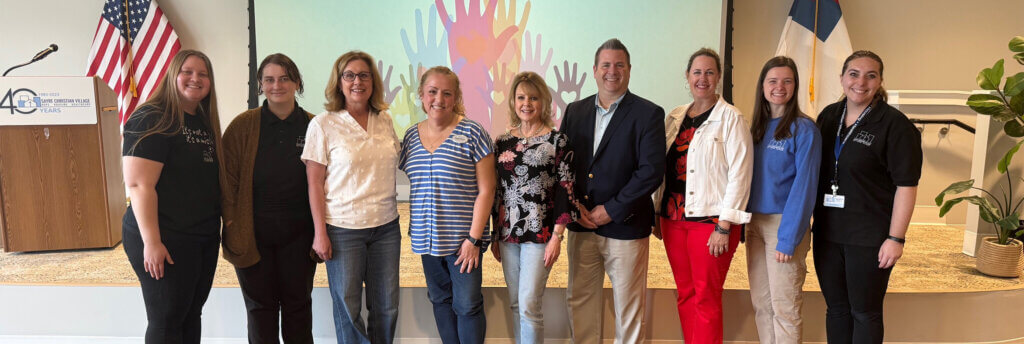Owensboro Municipal Utilities (OMU), Kentucky’s largest municipally owned electric and water system, has provided utility services to the community for more than 100 years. OMU serves 27,000 electric customers and 26,000 water customers, plus OMU expanded services 25 years ago to provide telecommunications options that include high-speed internet.
In the following Q&A highlighting OMU’s safety culture, OMU outlines how training improvements and internal process enhancements help 160 employees safely keep the lights on, the water running, and the community connected.
What role does safety play in your organization’s culture?
The safety of our employees and the public is a priority for OMU. Establishing and maintaining a safe work environment for everyone is the shared responsibility of OMU management and all employees.
It is the responsibility of each employee to conduct all tasks in a safe and efficient manner, complying with all local, state, and federal safety and health regulations and program standards. Employees are required to actively follow OMU safety rules and are expected to exercise caution in all work activities.
In our industry, workplace safety concerns include electrical hazards; slips, trips, and falls; traffic and road safety; and interactions in the field. If an unsafe condition exists, action should be taken immediately to correct the situation, which includes notifying supervision.
All work-related accidents, injuries, illnesses, and near-miss incidents involving employees, vehicles, or equipment are to be reported to OMU leadership or safety department staff, no matter how minor they may appear.
To assist in providing a safe work environment for employees, along with a safe environment for customers and visitors, safety teams across departments have been established to provide employees opportunities for input and participation in safety program development and review.
What practices have you added to your program that helped improve your safety record?
OMU has increased:
- Hands-on training and classroom training vs. online computer-based training.
- Safety personnel headcount for greater focus on the safety of employees.
- Overall safety training topics and frequency of training.
We’ve made improvements to internal safety processes and systems to better monitor safety concerns, developed departmental safety teams, and organized a sub-safety team to coordinate participation in OSHA Safe + Sound Week during 2023.
What impacts or benefits have you seen resulting from a strong safety program?
Increases in employee involvement and safety focus have led to decreases in OMU’s:
- Number of injuries, severe injuries, or types of injuries.
- Experience modification rating factor.
- Workers’ compensation costs.
How has KEMI assisted in enhancing workplace safety and reducing claims?
KEMI has provided hands-on classroom training; offered feedback on where to find training; and helped manage and communicate about work comp claims to get employees back to work. KEMI representatives assist wherever help is needed.
What notable safety milestones or recognition has OMU achieved during the past several years?
Our team effort approach to safety has resulted in the following accomplishments:
- American Public Power Association (APPA) for reliable and safe electric service:
- Gold designation – 2001, 2007, and 2009.
- Platinum status – 2013 and 2016.
- Diamond designation – 2017 and 2021.
- OMU Production Department – 500,000 hours without a lost time accident in 2015.
- OMU Customer Service Center 500,000 hours without a lost time accident in 2016.
- OMU companywide – 500,000 hours without a lost time accident in 2020.











